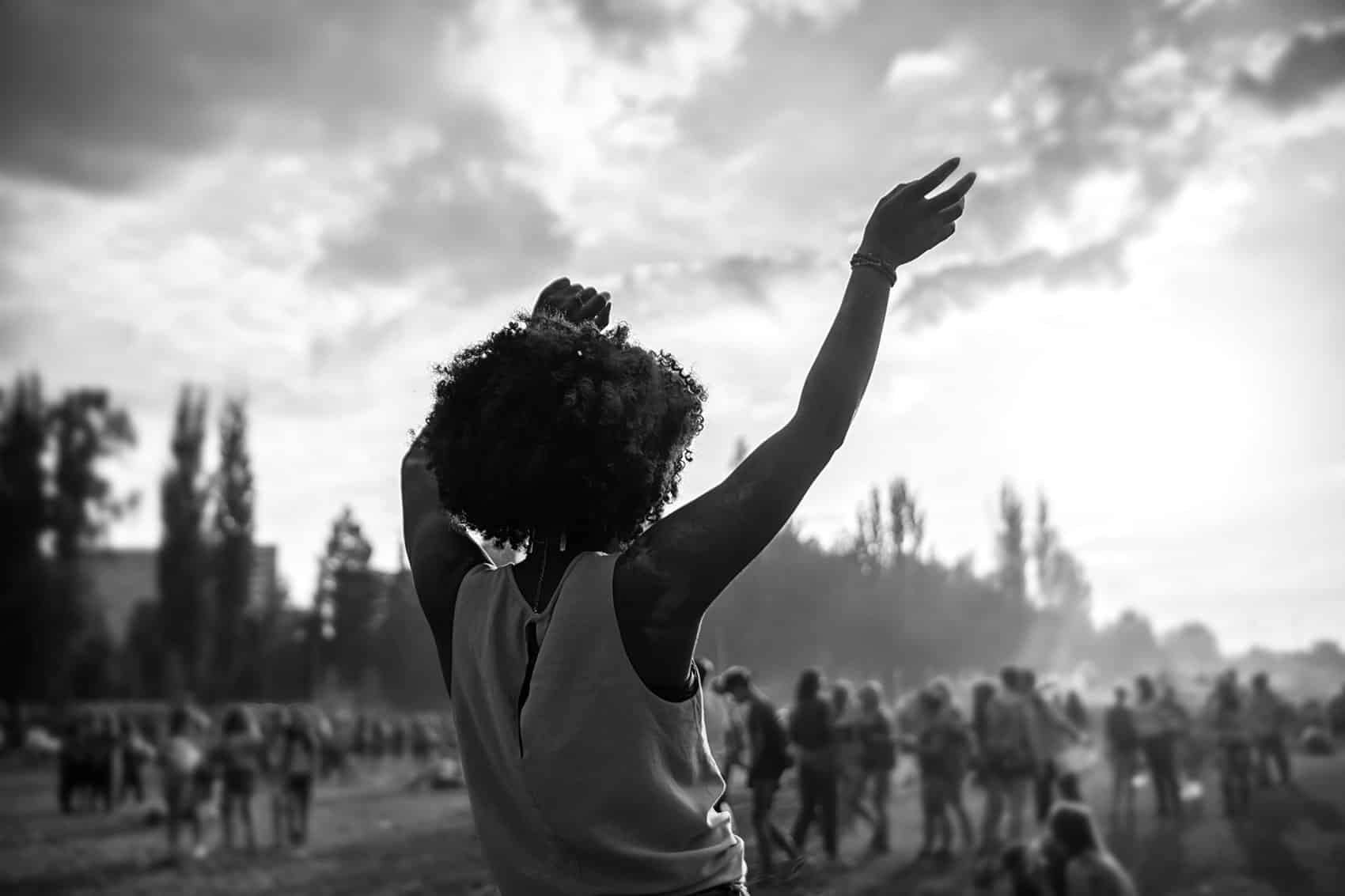Saturdays in June are known for beaches, sunshine, and time off work. However, the third Saturday in June is also spent celebrating a major milestone in American history.
One of “the longest-running African-American holidays” has become a popular buzzword in recent years. Juneteenth, also known as Freedom Day, Jubilee Day, Liberation Day, and Emancipation Day, is an infamous day in the Black community but a lesser-known holiday in other communities.
What is Juneteenth?
Juneteenth — a portmanteau of June and nineteenth — is an American holiday celebrating the emancipation of enslaved people after the civil war. It is celebrated on June 19, but it can also be celebrated on the third Saturday in June.
While President Abraham Lincoln signed the Emancipation Proclamation on September 22, 1862, it took nearly 3 years for the news to travel to Texas. Juneteenth, which originated in Galveston, Texas, commemorates June 19, 1865, when General Order No. 3 was delivered by Union General Gordon Granger in Texas.
The Emancipation Proclamation enforcement required the Union troops supervision, and Texas was the most remote of the Confederate states. It had a low presence of Union soldiers after the American Civil War ended, and enforcement had been inconsistent before the general’s announcement.
However, despite the Juneteenth marker, Delaware and Kentucky both continued to enslave people later in 1865.
Is Juneteenth a National Holiday?
As of June 17, 2021, President Biden signed a bill into law making Juneteenth an official national holiday recognized by the federal government.
The country as a whole didn’t recognize Juneteenth as a holiday until the late 1970s. Texas became the first to make the historic day a state holiday in 1979. Since then, the holiday has spread nationwide. While there were only 8 states officially recognizing the day in 2002, it jumped to almost half of the 50 states by 2008 and almost all states in 2021, plus the District of Columbia.
Some states even offer paid leave for its employees on Juneteenth, including Virginia, New York, and New Jersey.
Why Do We Still Celebrate Juneteenth?
While Juneteenth officially began in 1865, Black Americans still struggled for decades more just to get to the Civil Rights Act of 1964, which legally prohibits discrimination based on race.
With the rise of Black Lives Matter since its founding in 2013, Juneteenth has become more common across America. In 2020, following the deaths of George Floyd, Breonna Taylor, Ahmaud Arbery, and countless others, the movement was forced into the spotlight and with it the Juneteenth holiday in the midst of nationwide protests.
Today, Juneteenth celebrations often revolve around lectures and exhibits on Black culture through the ages.
Contact Us Today
More than 7 million Black Americans reported having a mental illness in 2018, which is more than the populations of Houston, Chicago, and Philadelphia combined. However, many in the Black community hold a strong stigma against mental health needs and seeking help through therapy.
If you’re looking for mental health services, contact us today to schedule an appointment.

